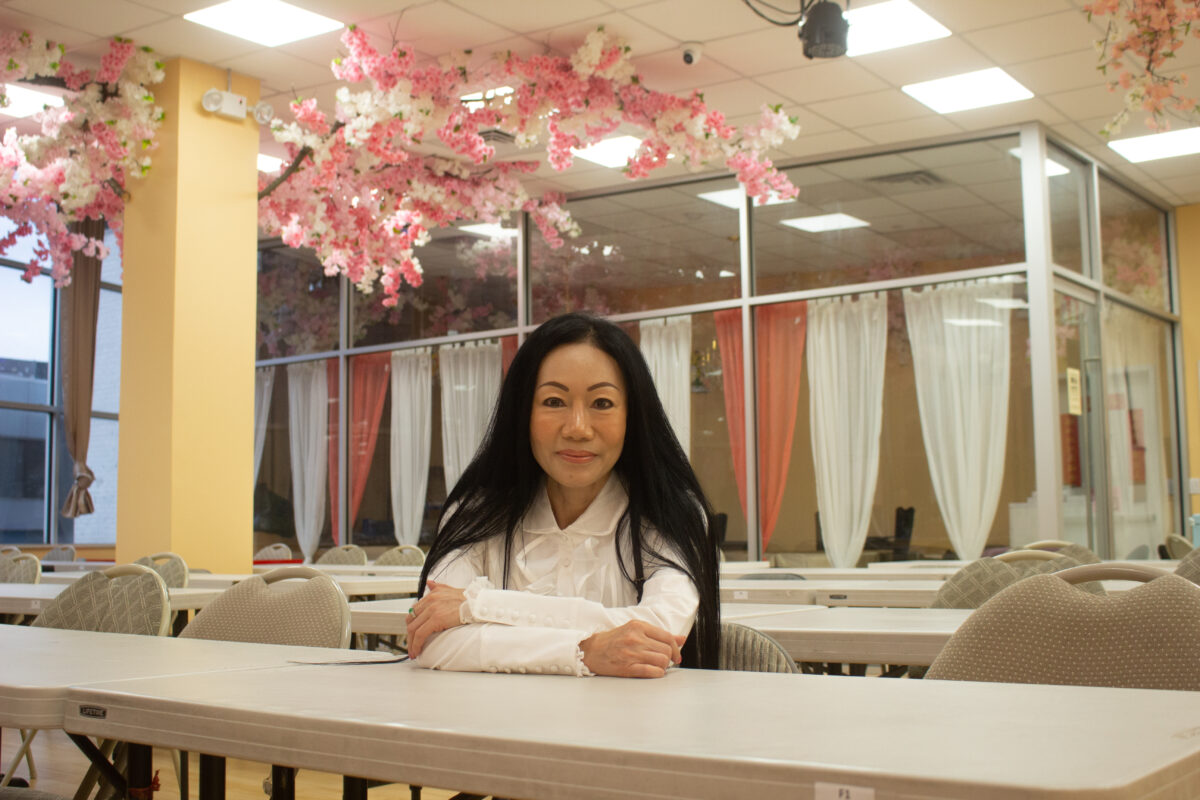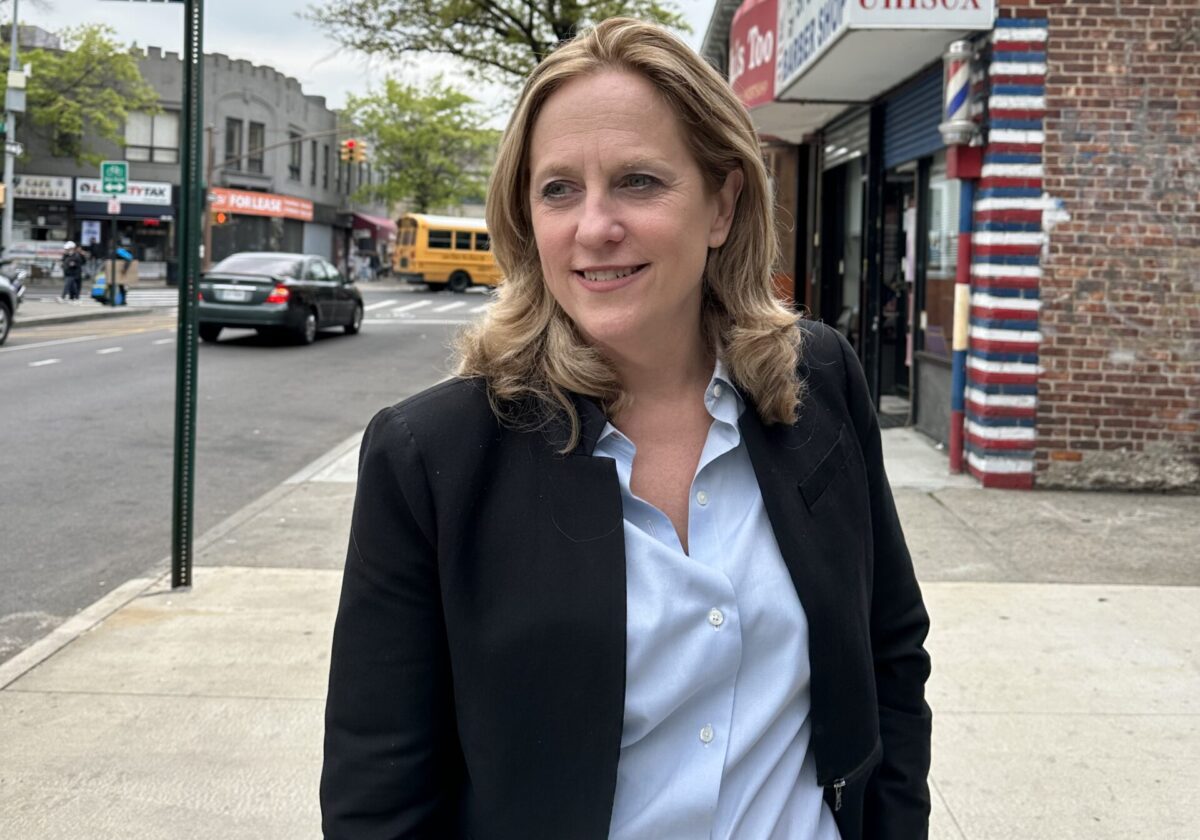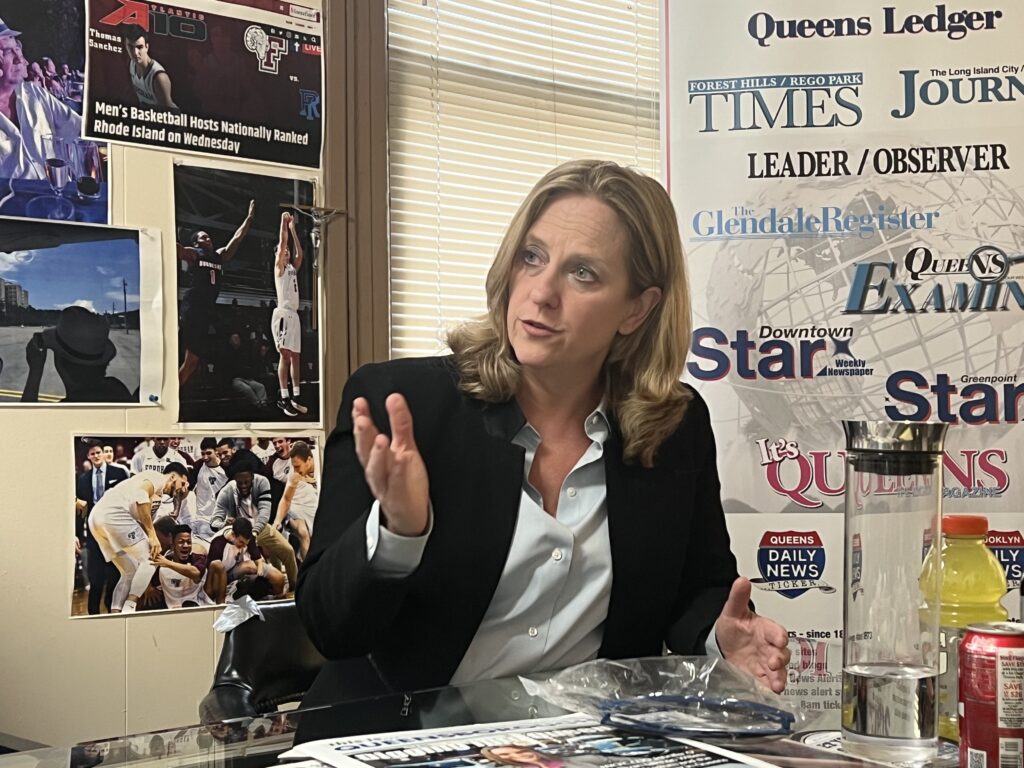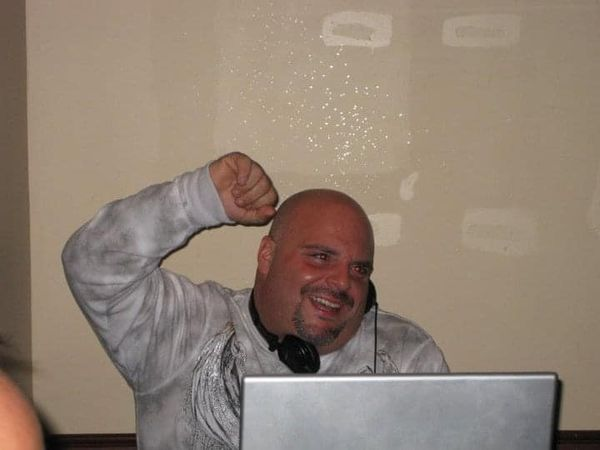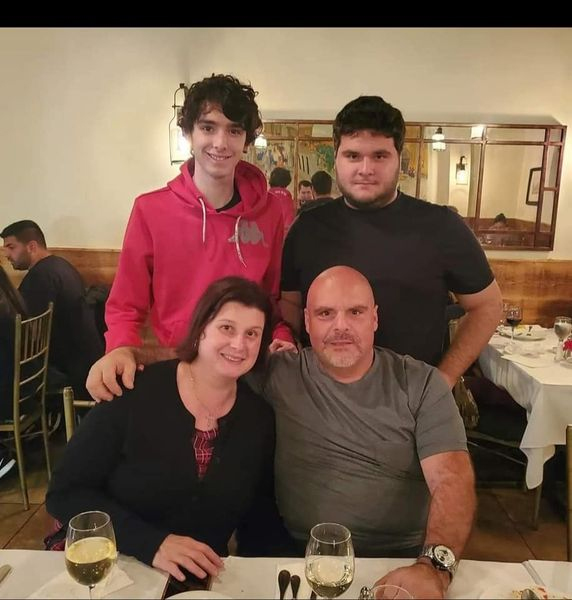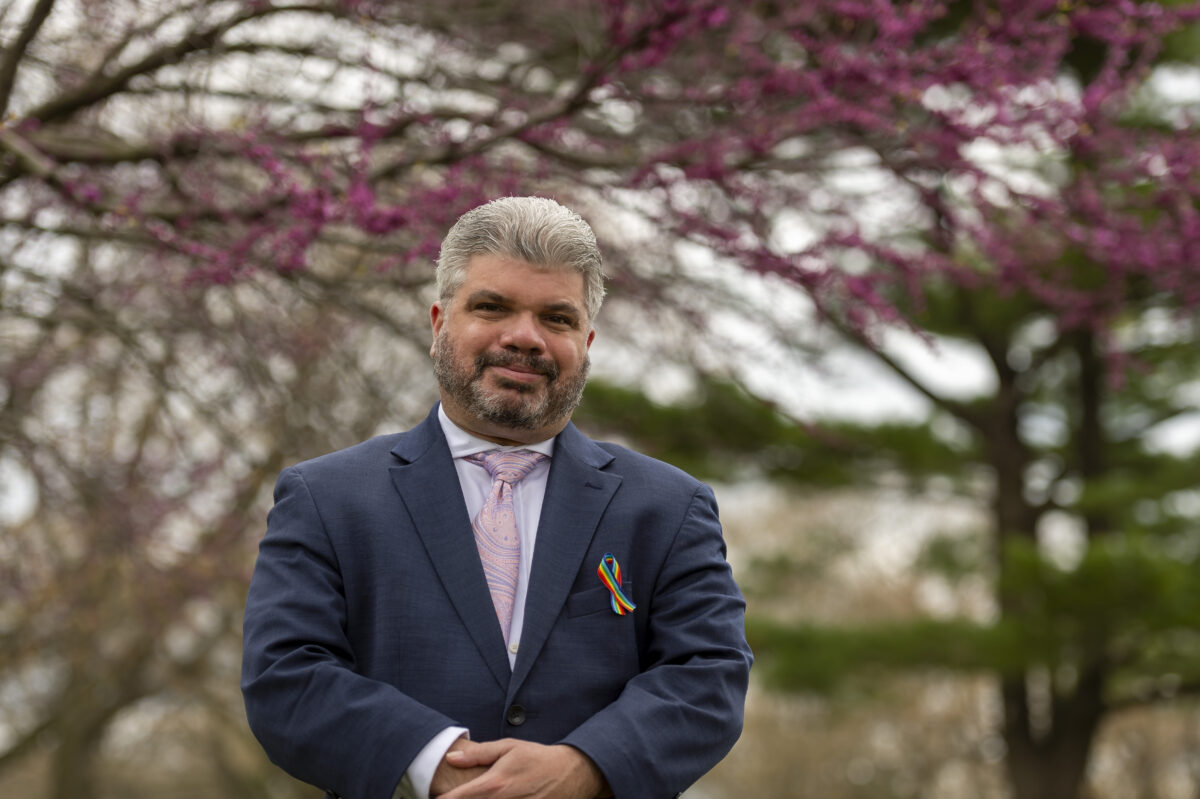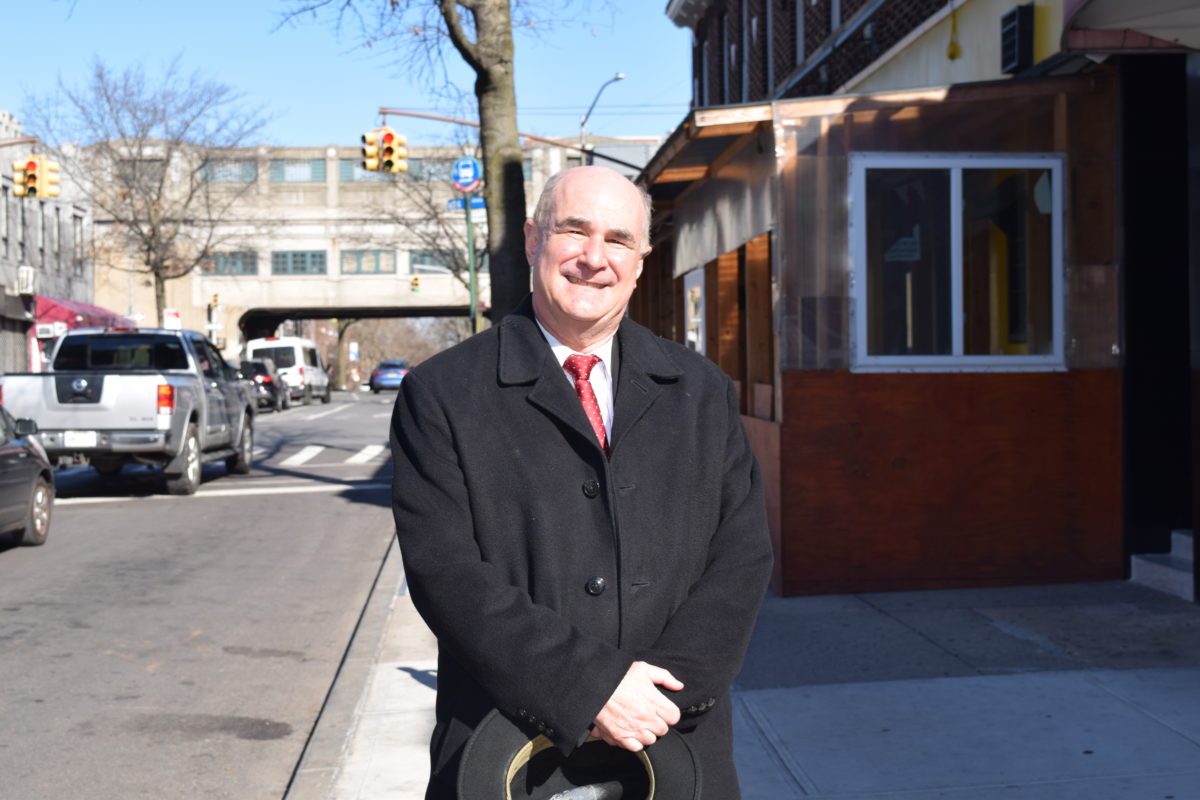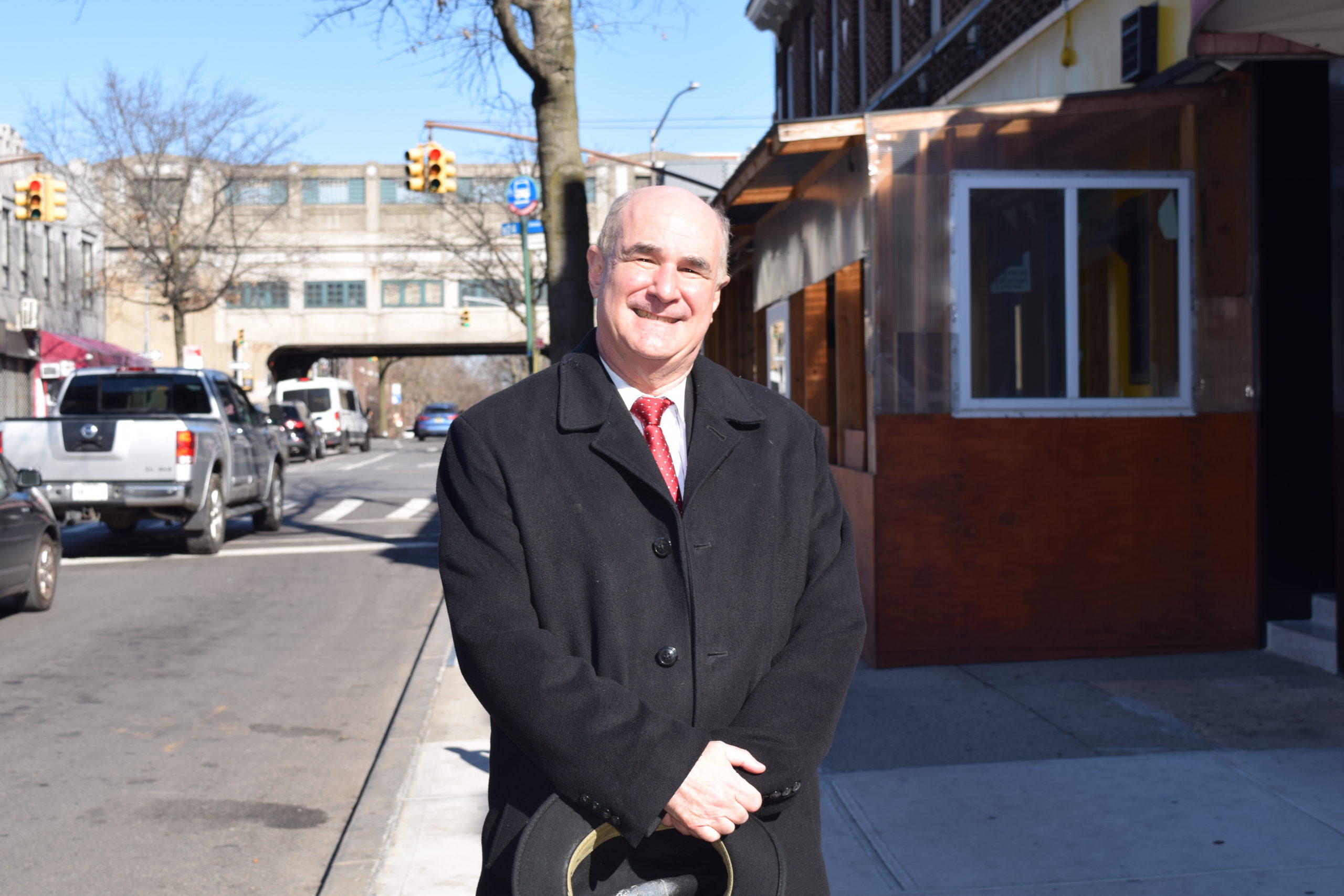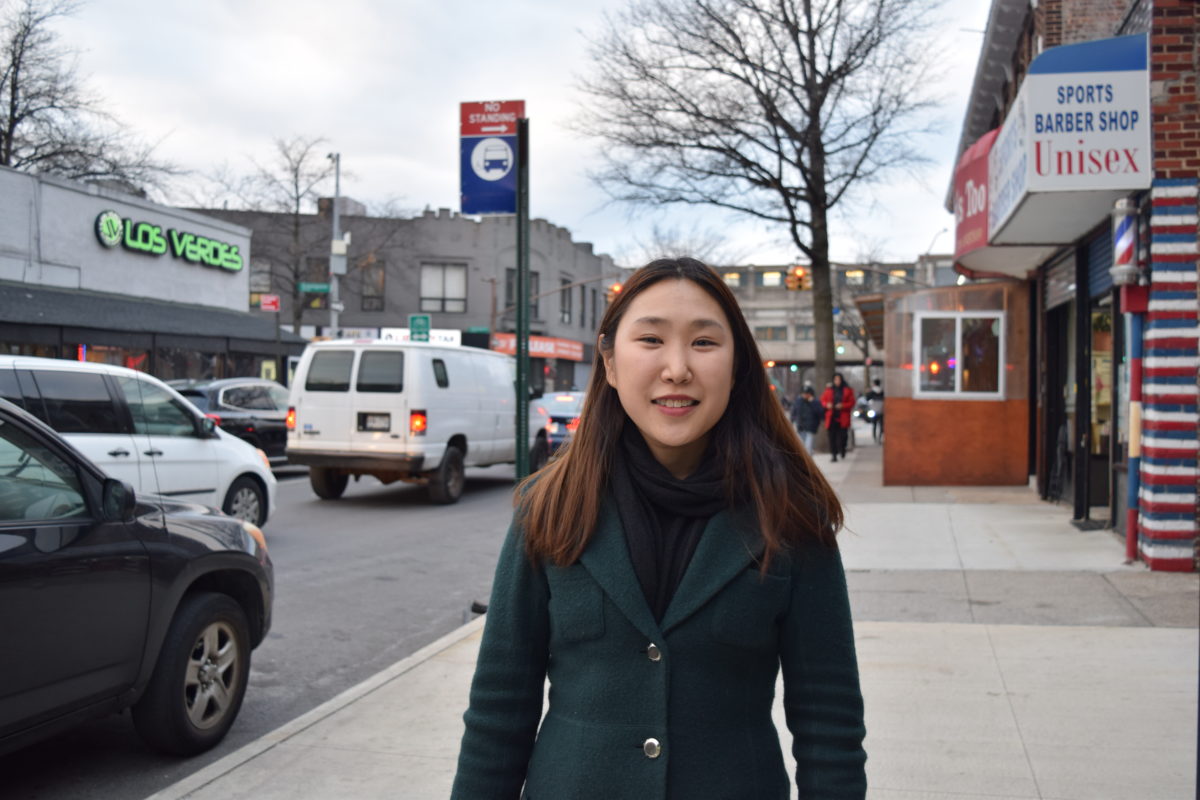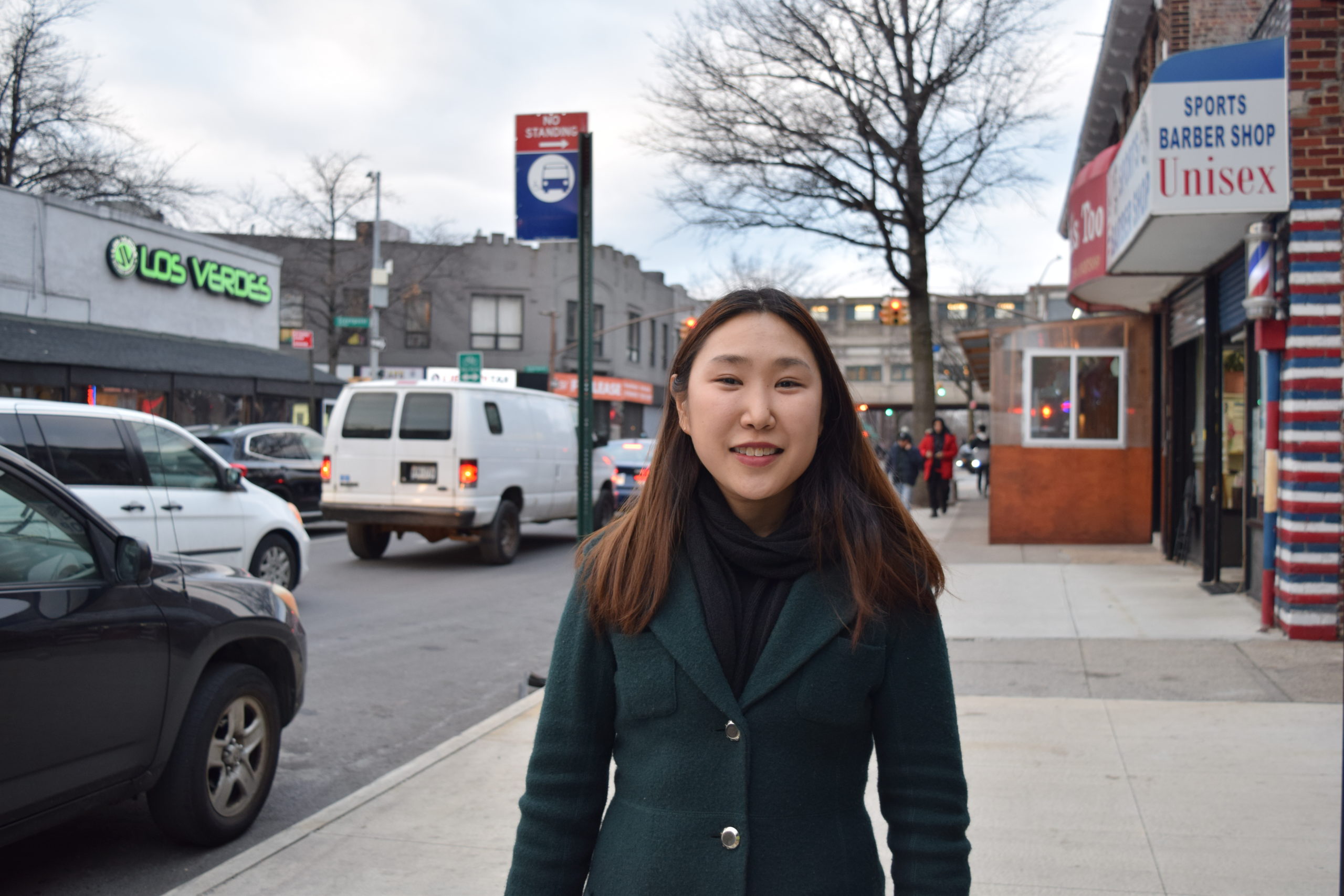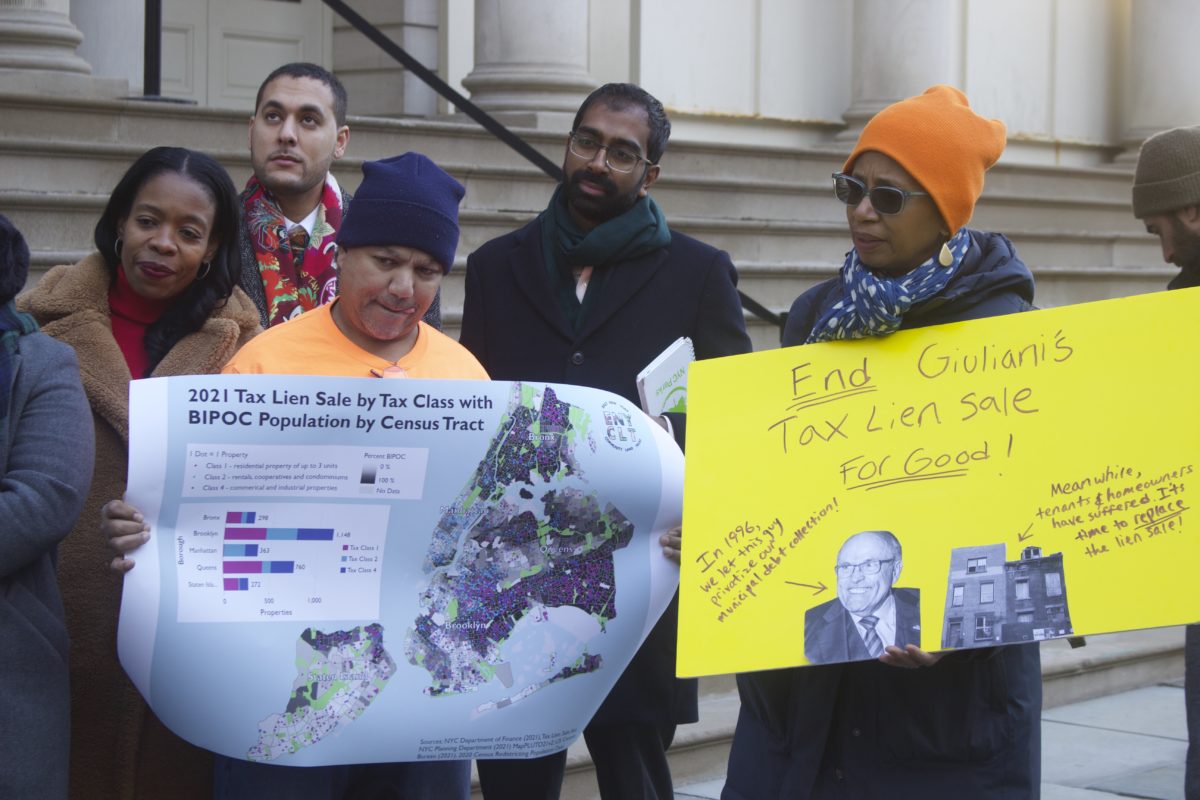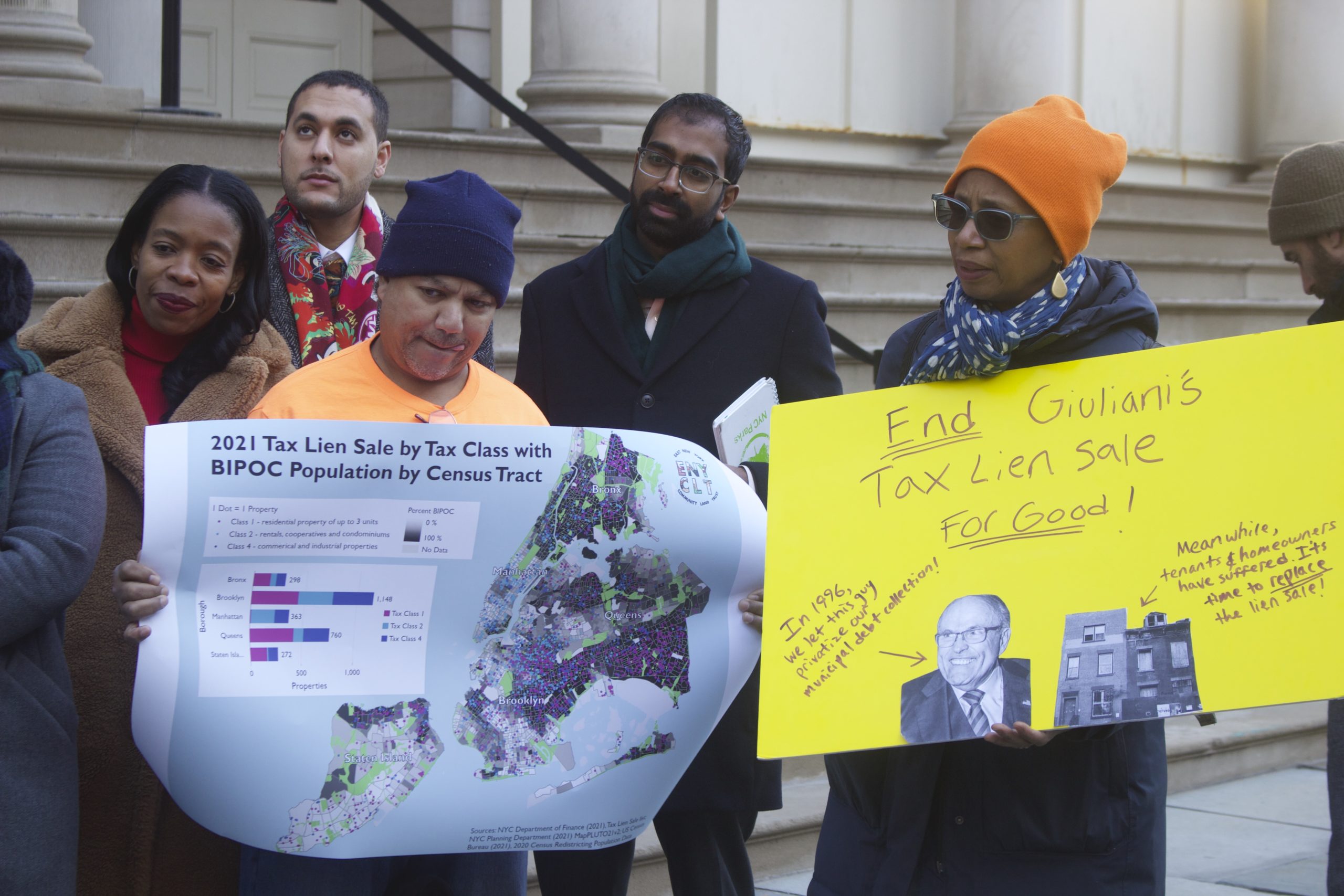Meet Flushing’s Adult Day Care Owner
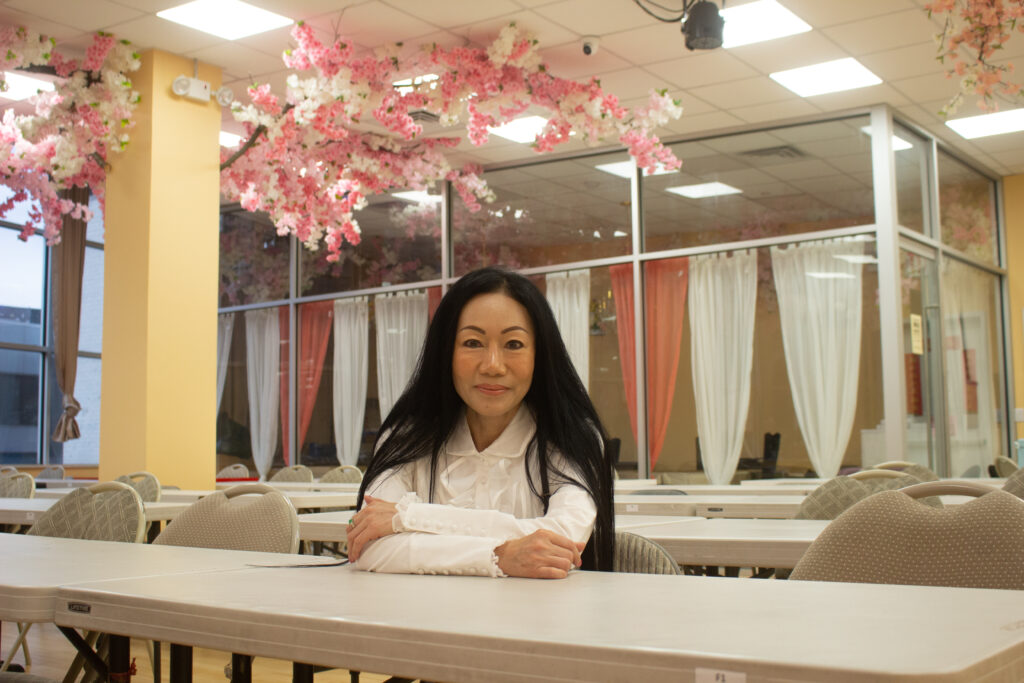
By Matthew Fischetti | mfischetti@queensledger.com
New Yorkers are getting older. But that’s exactly where Adult Day Care Centers, like Big Apple Adult Day Care Center, can come into play.
Adult Day Care Centers like the one Anna Lo operate in Flushing, helping provide seniors with access to socialization through programming like dancing or helping them get medication or groceries.
“When you’re taking care of patients, It’s also like taking care of seniors, because they have a lot of illnesses, a lot of paperwork, documentation,” said Lo, who used to manage medical offices prior to entering the adult day care industry.
In essence, Adult Day Care centers can serve as a supplement to long-term care placement, which has been projected to be short 1.5 million workers needed to attend to the aging population, according to a report published in Crains New York. Lo said in her interview that social day care works as a package in the state – on days seniors don’t have home health aides they have social day care and vice versa.
“This adult day care program is actually to help the government take care of the seniors that are coming on. There’s, a lot of baby boomers who are going into retirement age. And so, you know, as they get older, they’re going to need more and more assistance with daily living activities, such as bathing, going to see the doctor, cooking and housekeeping,” said Lo.

At Lo’s locations, the adult day care centers offer a variety of services: including computer lessons, mahjong, dance lessons, chinese calligraphy, beadwork, tai chi and much more. Once a month members of the center get together and put on a show.
“They take a lot of pride in that,” Lo said. “They really put on a professional show. And I take pride in that in my center because we just, we actually give them in their golden years. A beautiful place for them to come and to live their best life.”
One thing Lo said she hopes to see in the industry’s future is tighter vetting of adult day care centers, as some are only a fraction of the space and don’t provide the same standard of care that her center does.
Lo said that the Queens Chamber of Commerce was incredibly helpful getting the day care to operate during Covid, when Suzan King from the Chamber helped connect her with different grants and low interest loans to secure her nearly 10,000 square foot space.

Lo also expressed the sheer confusion industries like hers faced during the pandemic, with seniors worried about contracting covid from home health aides.
“So it was a really dangerous time that we’re living in. And a lot of people didn’t know what to do. But social adult daycare has really helped the seniors stay alive and also get groceries,” she said. “We help seniors, we got groceries for seniors. And we delivered it to seniors’ homes along with their meals.”


